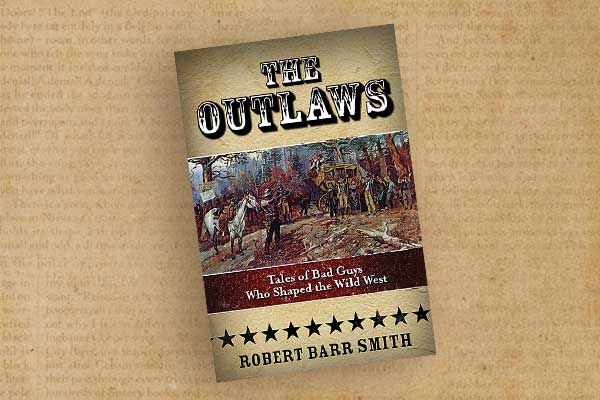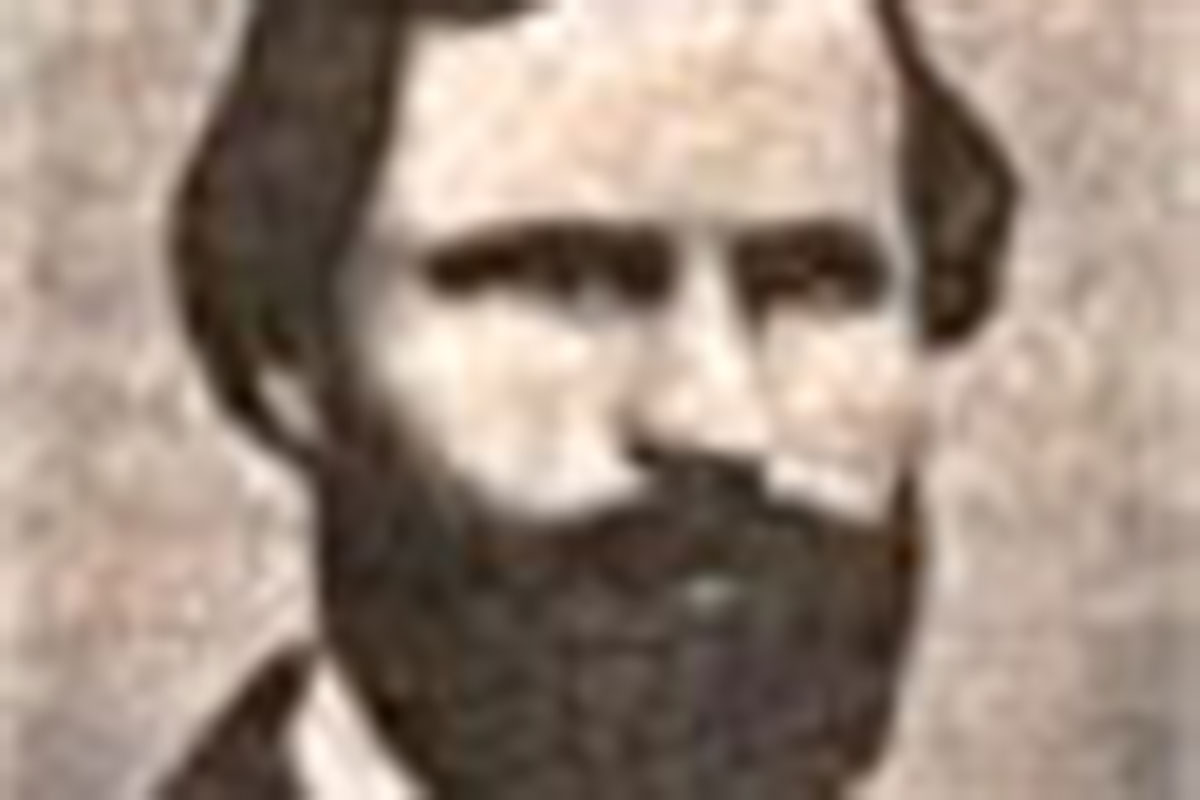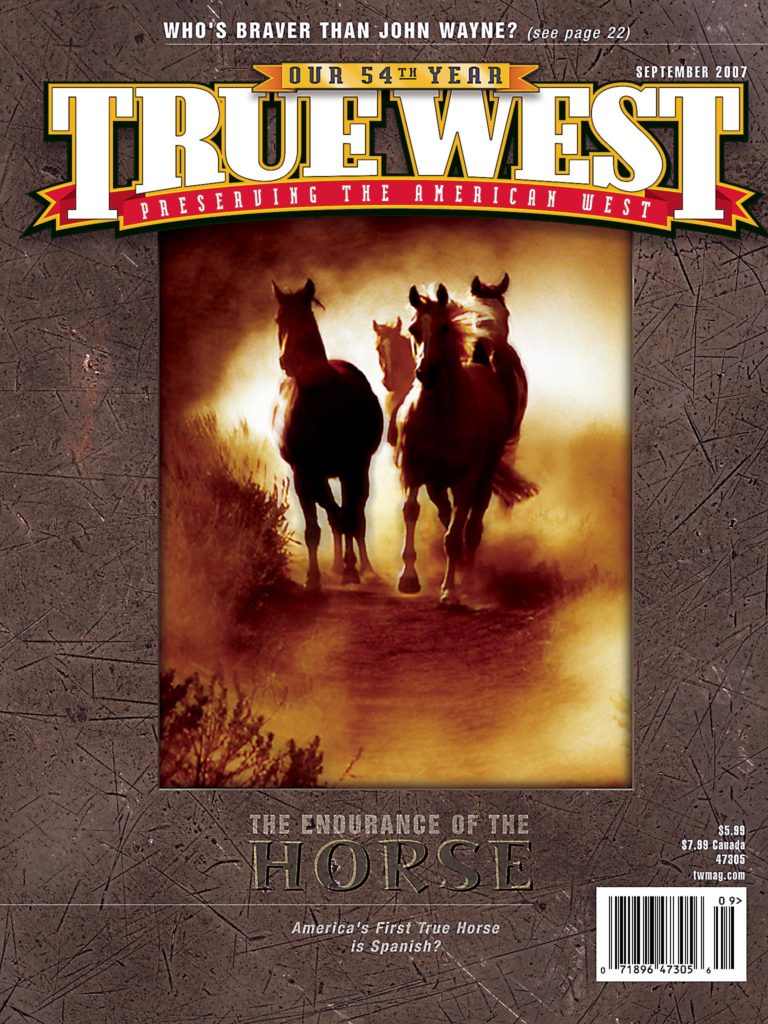Most Hollywood movies end with the good guys winning and the bad guys in jail or dead. How true is that to the Old West?
Willie Slappy
Jonesboro, Georgia
Western books are full of stories about outlaws beating the rap or serving only a year or two behind bars for some serious crime. Read Leon Metz’s John Wesley Hardin, Bill O’Neal’s Johnson County War, Casey Tefertiller’s Wyatt Earp or Ted Yeatman’s Frank and Jesse James and see how many perps got away with crime. Many times, all it took was hiring yourself a good lawyer. In other cases, the support for the justice system wasn’t strong enough to adequately deal with criminals.
When formal justice wasn’t available, some people took matters into their own hands. Vigilante groups were active throughout the West, executing, beating or exiling troublemakers. Family members sought vengeance for acts committed against their kin—as Wyatt Earp did after some of the “Cowboys” maimed his brother Virgil and killed sibling Morgan. These acts of vigilance usually went unpunished.
For years, Hollywood was pretty much required to present the message that “crime doesn’t pay.” In the 1960s, those rules were relaxed so that the guys in black hats sometimes came out on top. Yet even today, audience research shows that we prefer a happy ending—with the hero winning out.




